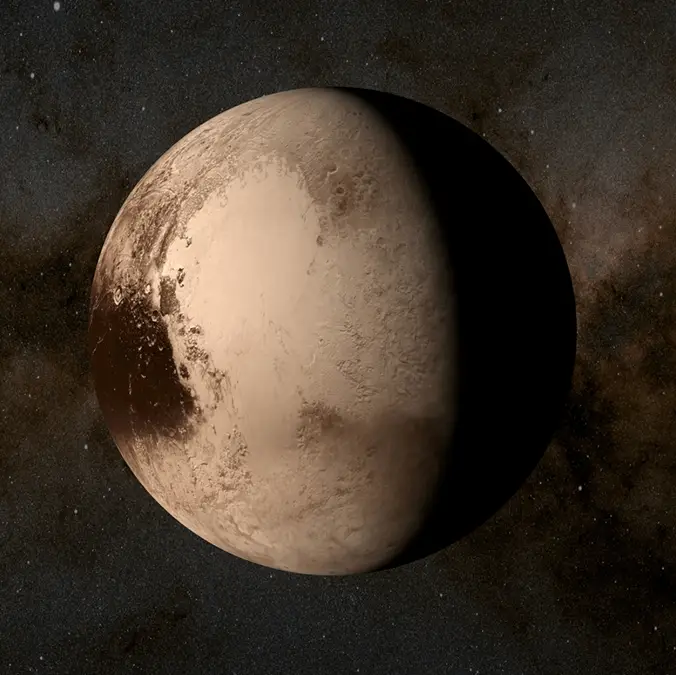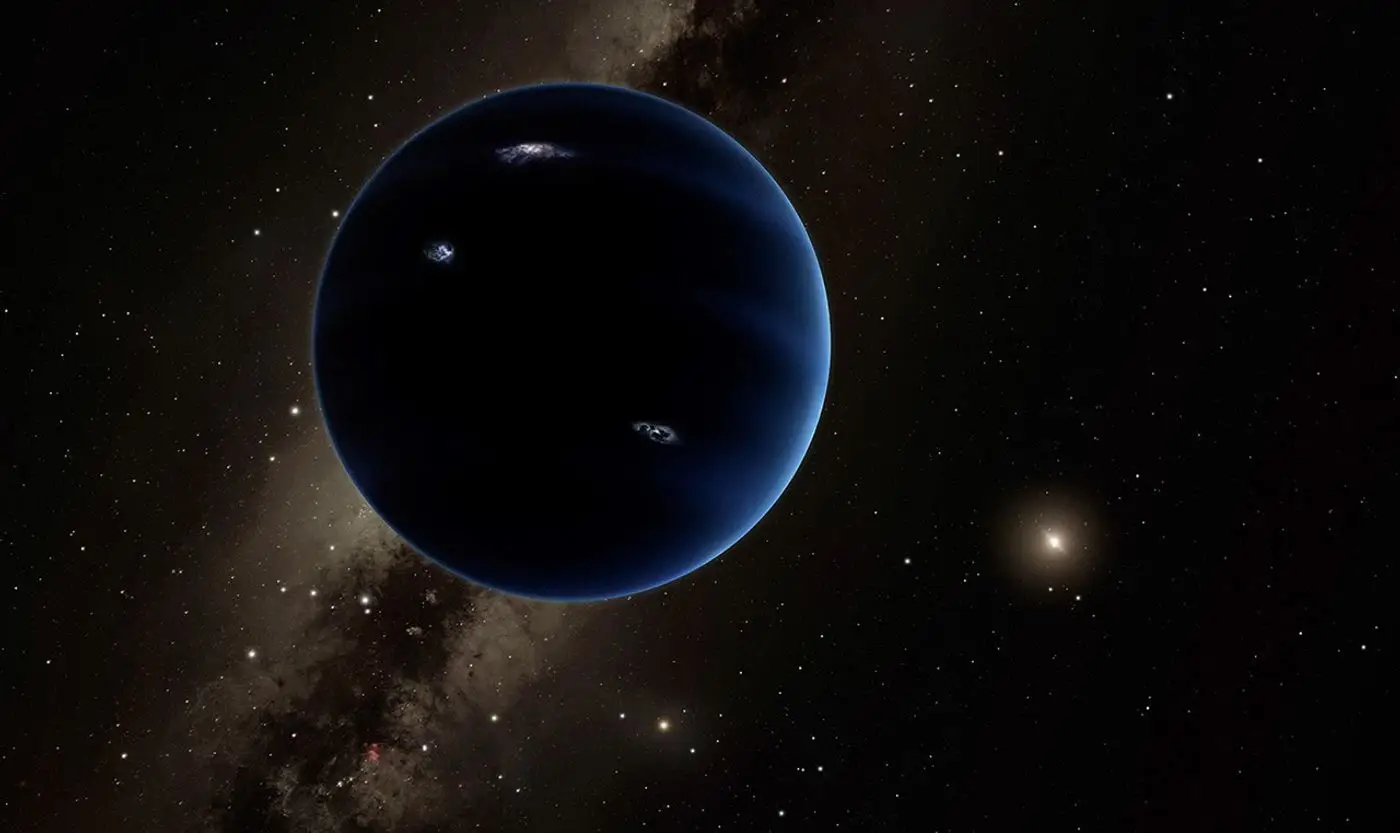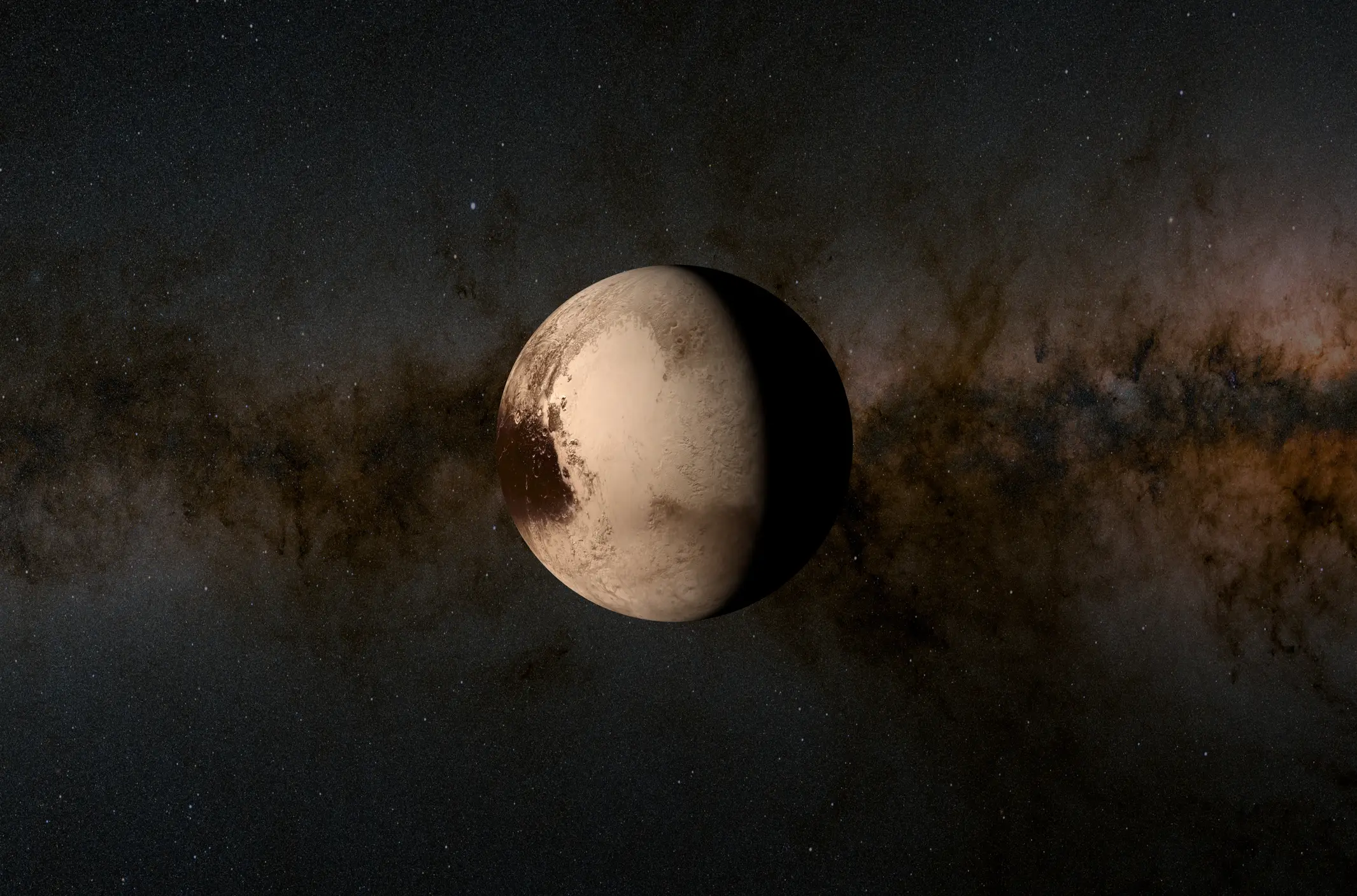
While Pluto has long since been relegated from the official lineup, astronomers have now seemingly confirmed suspicion of another planet in our solar system, and it could even potentially be home to life.
Astronomers have been able to make a number of groundbreaking discoveries in recent years thanks to advancements in technology and science, with the reveal of both trillion dollar asteroids and Earth-destroying rocks, and even pools of water in the distant reaches of space.
One thing that has continued to stump scientists though is the existence of another planet in our solar system, as researchers have repeatedly speculated the existence of the so-called Planet X or Planet Nine.
Initially proposed by California Institute of Technology astronomers Konstantin Batygin and Mike Brown, this new planet was to exist in the outer reaches of our solar system, yet NASA remains firm that it had not been officially discovered.
Advert

However, new evidence provided by scientists from Taiwan, Japan, and Australia has provided further 'proof' of Planet X's existence, as reported by the Daily Mail, and they've even speculated that it could contain forms of life.
The study, which hasn't yet been peer reviewed on arXiv, indicates that Planet X is anywhere between 46.5 billion and 65.1 billion miles away, or roughly 0.008 to 0.011 light-years from Earth.
Understandably, numbers as large as this are difficult to truly quantify in the grand scheme of things, but to offer some perspective that would make it around 14 times further away from Earth than Pluto at its minimum distance.
Traveling to Planet X via a spacecraft would take around 305 years, but each 'year' on the planet itself is the equivalent of around 10,000 to 20,000 on Earth due to its incredibly long orbit around the Sun.
It was discovered by using data from two different satellites - IRAS, which was launched in 1983, and AKARI, which launched in 2006 - measuring the differences in the positioning of certain objects between the two data sets.

In this, Planet X was officially spotted as it's lengthy orbit moved it a fraction across the data collected, which roughly equates to around three 'arcminutes' (1/60th of a degree) per year.
It's estimated to have the equivalent mass of 7 to 17 Earths, and could also hold the possibility of life commonly referred to as 'exetremophiles', which are organisms that can live and survive in extreme environments that typically stretch the limits of what life can cope with.
Temperates are likely to be between -220°C and -245°C, and would be similar to the icy structures of Neptune and Uranus, although its distance might make confirming this rather challenging.
Scientists only recently discovered a habitable planet similar to Earth around 124 light-years away, although its far more impractical to reach this, taking nearly 5 million years in a standard spacecraft.
